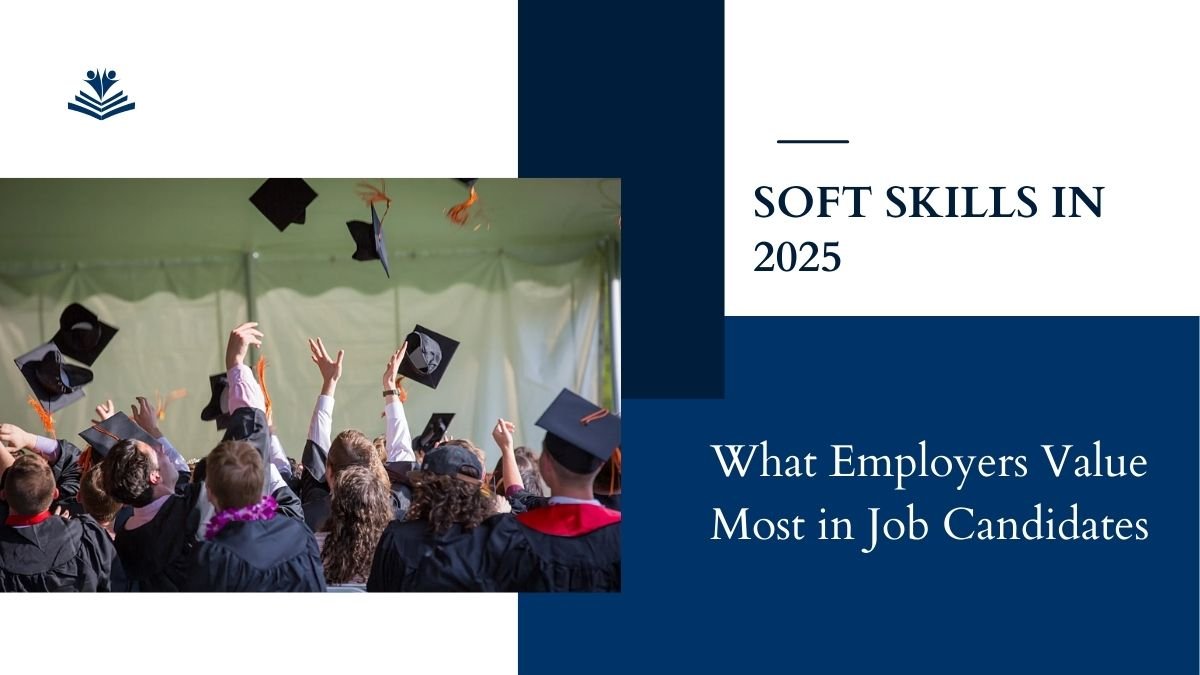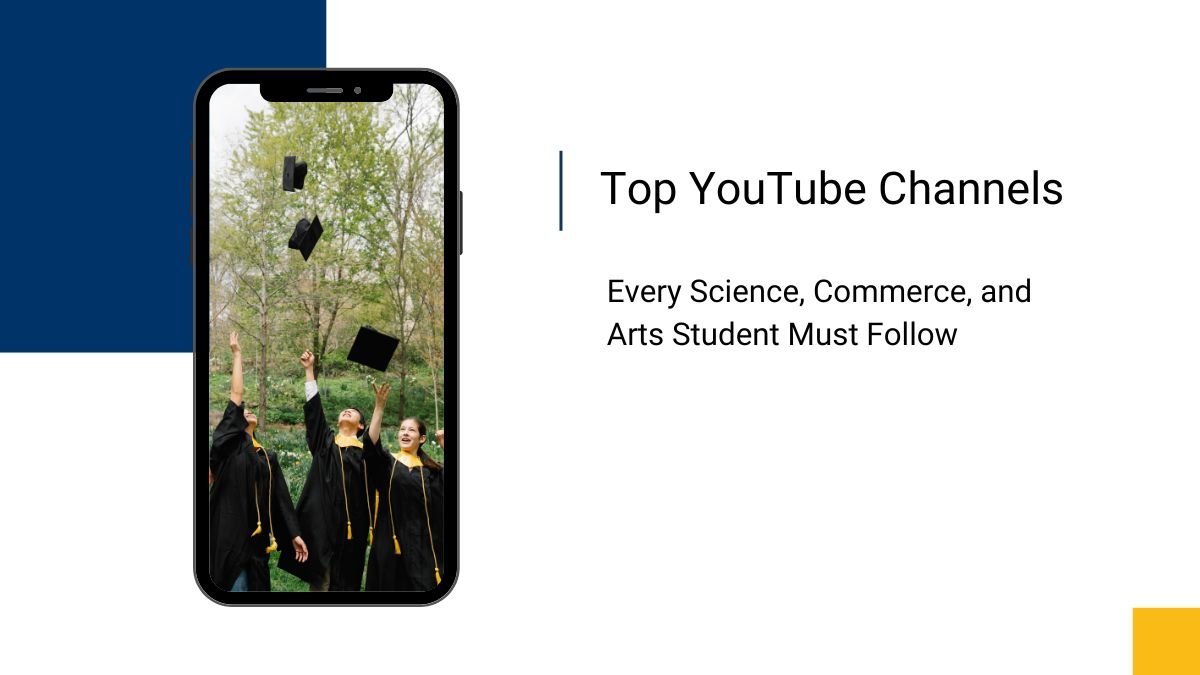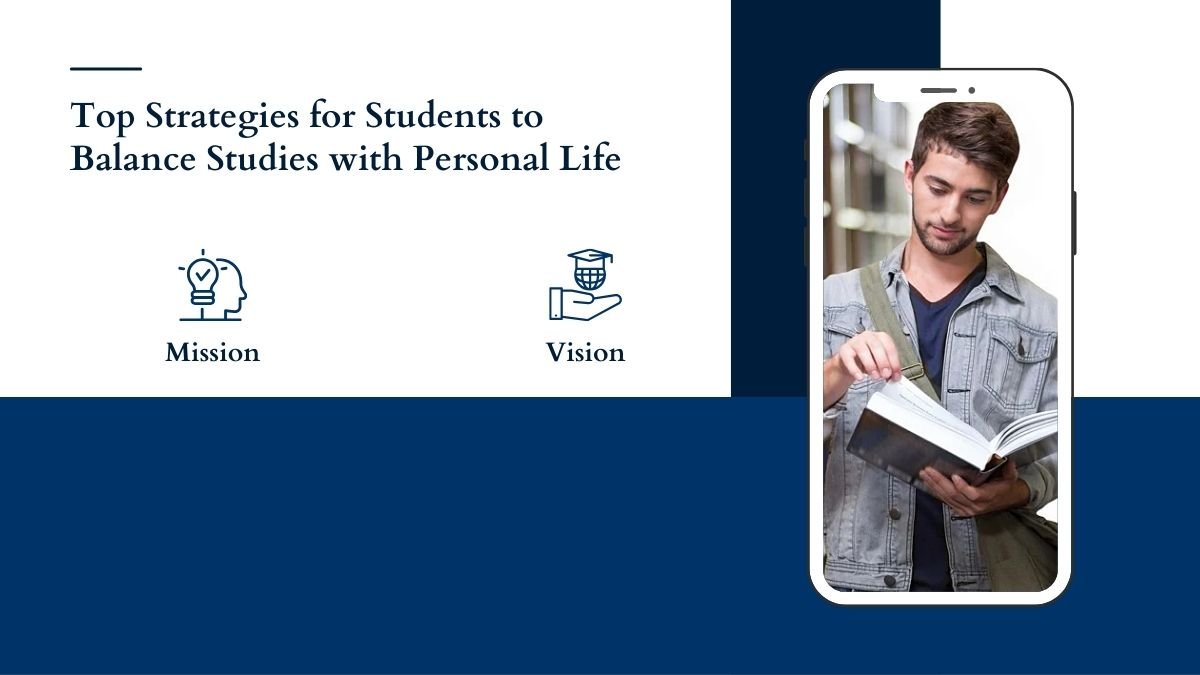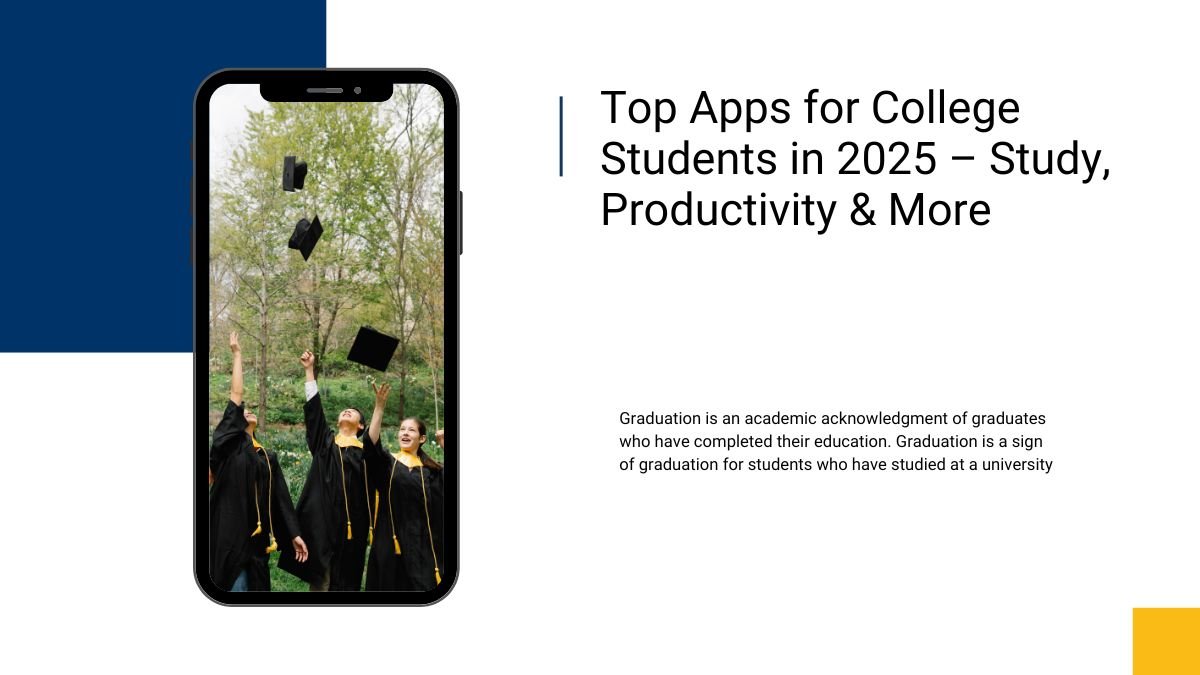Soft Skills Needed for Success in 2025
With the present society being so fast-paced, time spent earning a degree or even developing technical know-how is no longer sufficient. To advance career-wise, one has to learn soft skills, which are qualities and habits that enhance better interaction with people, adjust to situations, and work in a team.
It is no longer seen in an organization how good an engineer, accountant, or doctor one is but how well one copes with stress during teamwork and the flexibility and creativity of thought to carry on with the job.
Therefore, by the year 2025, an organization would prefer to employ such personnel who are very proficient in communication, emotional intelligence, problem-solving, teamwork, time management, and creativity.
Let us now pull apart what these soft skills are and how they will work out for you as far as taking you forward.
1. Communication
This is the first and most significant soft skill: communication, not only talking well but includes writing, listening to, and expressing something in a clear and easy way.
Benefits:
- You will be able to speak confidently in meetings or presentations.
- There will be clarity in writing emails, reports or documents.
- Trust and cooperation will increase between the team and clients.
Example:
Suppose, you have created a new project or product. If you use clear and simple language to explain it to the client or manager, then your point will be understood immediately and your image will also be strengthened.
2. Adaptability and Flexibility
The only constant in today’s world is change, and everyone’s life is filled with new technologies, new work processes, and sudden challenges.
Benefits:
- Learns new technology or software quickly.
- Work quality is maintained even in a shifting arena.
- You will always prove useful for the team and the company.
Example:
Only the employees who adapted quickly to the digital tools continued ahead when work-from-home started on short notice in 2020. This skill will continue to be relevant in 2025 and onwards.
3. Emotional Quotient (EQ)
This tells how much you interpret your emotions and proportionate that to how much you respect the emotions of others.
Benefits:
- Better cooperation in the team
- You can keep a cool head even during stressful conditions.
- You can mentor and encourage colleagues.
Example:
If there is a member of your team who is under constant tension and you lend him a hand, that alone will help improve his performance, plus you would create a friendly atmosphere for the entire team.
4. Problem-solving and Critical Thinking
In the working world, there are challenges almost every day, small or great. The more one can analyze the problem, the better one can find a good and realistic solution.
Benefits:
- Time is saved in decision-making.
- Quality of the work increases.
- Losses can be avoided even under delicate situations.
Example:
If the budget of a project suddenly starts increasing, then the employee who analyzes the situation in depth and suggests a better way to reduce expenses will prove to be the most valuable.
5. Teamwork and Collaboration
In present times, working with a team becomes more important than working alone.
Benefits:
- Each person’s strength is properly used.
- Sharing ideas will lead to better decisions.
- Construction of trust and coordination occurs within the team.
Example:
Let’s suppose all three departments: marketing, design, and finance work in conjunction on a project. If you do more than your part by supporting others, the entire project will be successful.
6. Resilience and Mental Strength
Failures are the norms in every workplace. What differs is how fast you bounce back up from them or just stand up again.
Benefits:
- You will remain cool even during pressures.
- Learn from mistakes and perform better next time.
- Career will remain firmly strong for a longer period.
Example:
If your project does not go as expected, instead of getting disappointed, you should learn and perform better the next time—this is real resilience.
7. Creativity and Innovation
Creative thinking is essential in all areas, so companies expect their employees not to implement a particular action but to bring along new ideas.
Benefits:
- Creates new products and services.
- The company remains ahead of its competition.
- Gives opportunities for personal recognition and promotion.
Example:
You are in the Marketing team and have suggested a unique campaign resulting in sudden sales spikes—that’s your creativity’s effect.
8. Time Management
Effective management of time is among the most significant skills.
Benefits:
- The task is finished in time.
- Achieves a work-life balance.
- Lessens stress while improving productivity.
Example:
If a student or employee has to complete five assignments in a week, the one who plans ahead and prioritizes accordingly stands the best chance of success.
9. Cultural Intelligence and Inclusion
Nowadays, the workplace is globalized and working with many dissimilar backgrounds, cultures, and ideas has become normal for an employee.
Benefits:
- Team collaboration and cooperation are enhanced.
- Work environment becomes positively charged.
- The image and reputation of the company increase.
Example:
You are part of a multicultural team and acknowledge each other by respecting the different ways that each of your teammates works—the team morale and results would then improve.
Conclusion
Technical skill set alone does not assure one of success in 2025. The real differentiators will be such soft skill sets: communication, teamwork, adaptability, and emotional intelligence besides others that include problem solving, time management and creativity.
Anyone will, therefore, be ahead in any situation whether fresh or has multiple years of experience if they have such kinds of qualities.
If all of these started learning and adopting right now, the future career of such an individual would not only be secure but also open new avenues for leadership and success.








